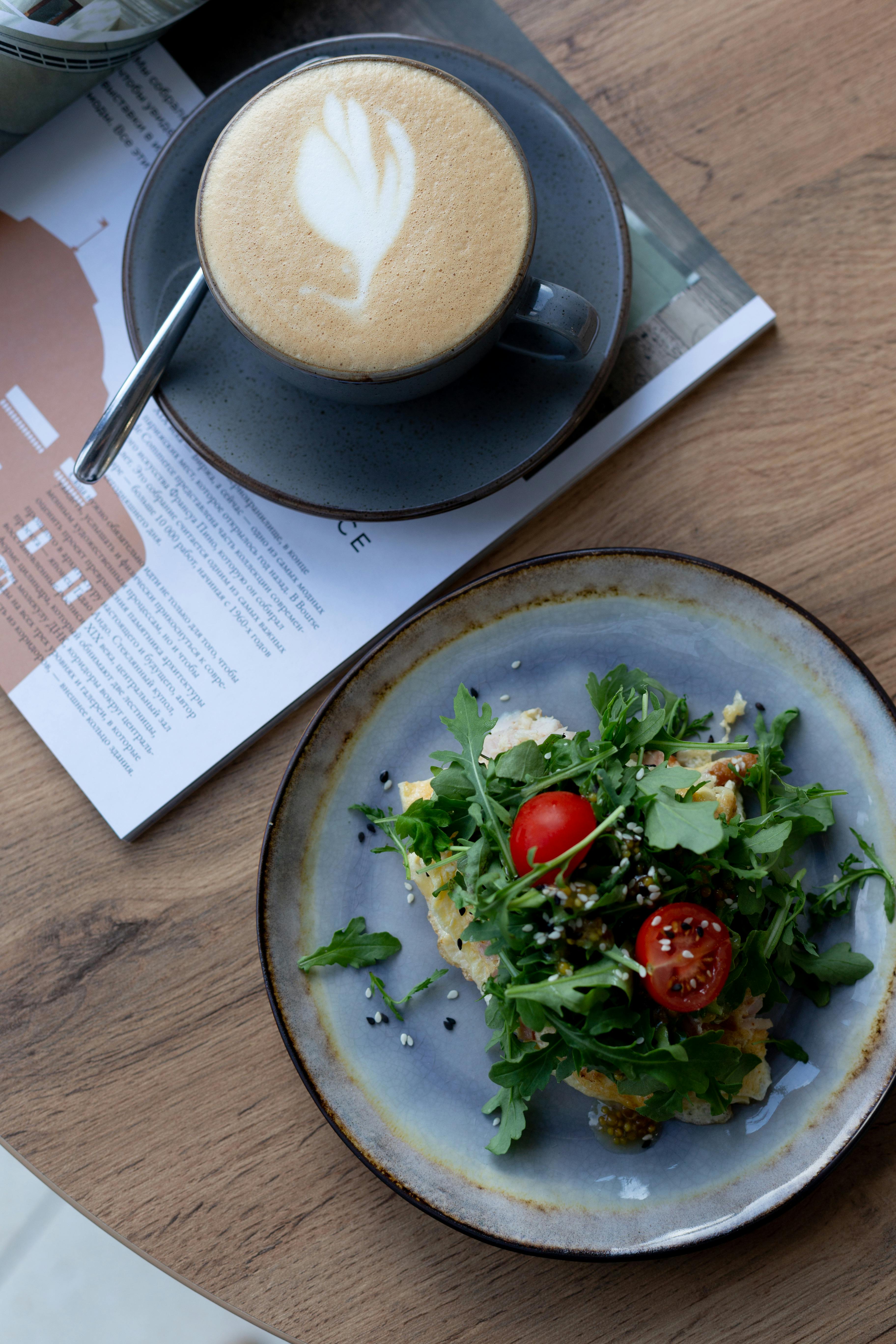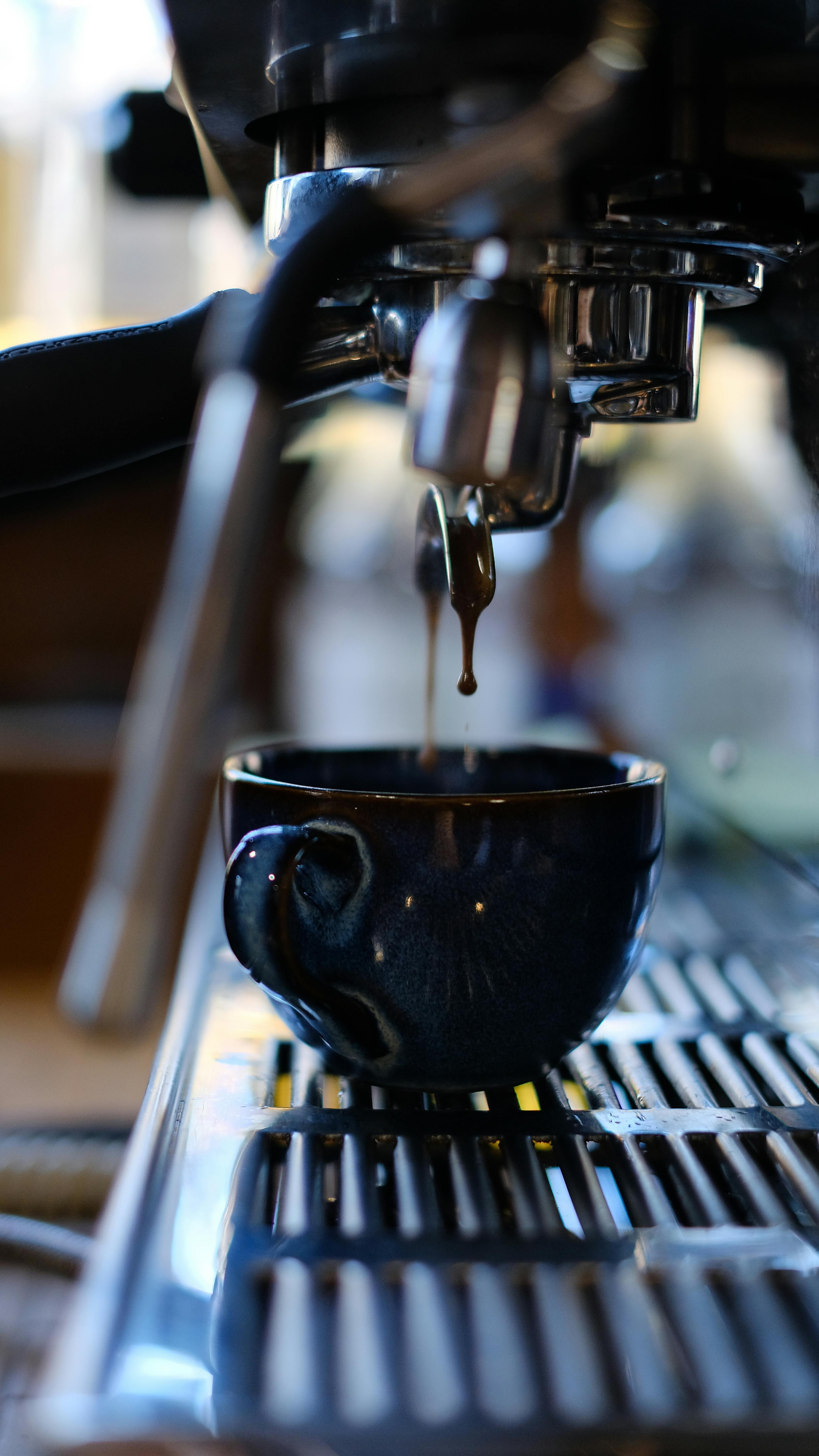So, picture this: you’re a coffee enthusiast like us, and you’ve just invested in a beautiful quartz countertop for your kitchen. You can’t wait to start enjoying your morning brew in style. But wait, before you indulge, a nagging question arises: does coffee stain quartz? Well, fear not, because we’re here to explore this very query and put your worries at ease. Together, let’s embark on a journey to uncover the truth behind coffee’s potential effect on your precious quartz surfaces. Get ready to sip and learn all about it!
Introduction
Quartz countertops have gained immense popularity in recent years due to their durability, low maintenance, and aesthetic appeal. However, a common concern among homeowners is whether coffee stains can ruin the beautiful surface of quartz. In this article, we will delve into the composition of quartz, the factors that affect coffee staining, preventive measures to avoid stains, and effective methods for removing coffee stains from quartz. So let’s find out if coffee really stains quartz or not.
What is Quartz
Before we delve into the topic of coffee staining, let’s understand what quartz actually is. Quartz countertops are engineered stone surfaces made from a combination of natural quartz crystals, resins, and pigments. These countertops offer the look and feel of natural stone while being more durable and resistant to stains.
Composition
Quartz countertops are composed of approximately 90-95% natural quartz crystals and 5-10% resins and pigments. The natural quartz crystals give the countertops their strength and durability, while the resins and pigments provide the desired appearance and color variations.
Features
One of the key features of quartz countertops is their non-porous nature, which makes them highly resistant to stains. Unlike natural stones such as granite or marble, which are porous and prone to absorb liquids, quartz countertops have a dense composition that prevents liquids from penetrating the surface.

Stain Resistance of Quartz
The non-porous nature of quartz is what makes it highly resistant to stains, including coffee stains. Let’s explore why quartz is so effective at repelling coffee stains.
Non-Porous Nature
As mentioned earlier, quartz countertops have a non-porous surface, which means that liquid substances like coffee cannot permeate the material. This makes it incredibly difficult for coffee to seep into the surface and leave a stain.
Surface Coating
To further enhance the stain resistance of quartz countertops, manufacturers often apply a protective surface coating during the fabrication process. This coating helps to seal the microscopic pores on the surface, making it even more resistant to staining.
Why Coffee Stains Can Be a Concern
Coffee stains can be a concern for many homeowners, especially those who enjoy their daily cup of joe. There are several factors that contribute to the potential for coffee stains on quartz countertops.
Acidity
Coffee is mildly acidic, with a pH level typically ranging from 4 to 6. While this acidity is generally not a problem for quartz, prolonged exposure to highly acidic coffee or spills that are left unattended for a long time can potentially cause etching or discoloration on the surface.
Temperature
Hot coffee can react with the resins used in quartz countertops, potentially causing damage or discoloration. Placing hot cups directly on the surface without any protective measures can, over time, lead to undesirable effects on the appearance of the quartz.
Composition of Coffee
The composition of the coffee itself can also play a role in staining. Coffee with added sugars, creamers, or other additives may contain substances that can leave behind stubborn stains.
Frequency of Spills
If you frequently spill coffee on your quartz countertop or leave coffee cups sitting on the surface for extended periods, the chances of staining are naturally higher. Regular and prolonged exposure to coffee can make it more difficult to remove any potential stains.

Factors Affecting Coffee Staining on Quartz
While quartz is highly resistant to staining, certain factors can influence its susceptibility to coffee stains. Understanding these factors can help homeowners take appropriate preventive measures.
Time of Exposure
The longer coffee remains in contact with the quartz surface, the greater the chances of staining. Promptly cleaning up spills and avoiding leaving coffee cups on the countertop for extended periods can help prevent potential stains.
Porosity of Quartz
Although quartz is non-porous, some low-quality quartz countertops may have a higher porosity that can make them more prone to staining. Investing in high-quality quartz countertops with a lower porosity can minimize the risk of coffee stains.
Quartz Quality
The quality of the quartz material itself can affect its resistance to staining. Opting for a reputable brand and ensuring that the quartz countertop is of high quality can provide added assurance against coffee stains.
Sealing
While quartz countertops do not require sealing like natural stones, applying a quartz-specific sealant can offer an extra layer of protection. This sealant helps to further reduce the porosity of the surface, enhancing its resistance to staining.
Preventive Measures to Avoid Coffee Staining
Prevention is always better than cure, and there are several preventive measures you can take to minimize the chances of coffee stains on your quartz countertop.
Clean Up Spills Immediately
The moment you spill coffee on your quartz countertop, it is essential to clean it up immediately. Use a clean cloth or paper towel to blot the spill and remove any liquid from the surface. Avoid wiping or rubbing the spill, as this can spread the coffee and potentially lead to a larger stain.
Seal the Quartz Countertop
While quartz countertops do not require sealing, applying a quartz-specific sealant can provide an extra layer of protection against coffee stains. Follow the manufacturer’s instructions for application and reseal the countertop periodically for optimal stain resistance.
Use Coasters or Placemats
Using coasters or placemats can help protect your quartz countertop from hot coffee cups and potential spills. Placing a barrier between the coffee cup and the quartz surface reduces the risk of heat damage and prevents direct contact with the liquid.
Avoid Placing Hot Cups Directly on the Surface
As mentioned earlier, the resins in quartz can react to hot temperatures. To avoid any potential damage or discoloration from hot coffee cups, always use coasters or trivets to create a protective barrier.
Regular Cleaning
Regular cleaning of your quartz countertop is crucial for maintaining its stain resistance. Use a mild quartz cleaner or a mixture of mild dish soap and water to remove any residue or spills. Avoid using abrasive cleaners or scrub brushes, as these can potentially damage the surface.

Removing Coffee Stains from Quartz
If despite your preventive efforts, you still find yourself with a coffee stain on your quartz countertop, don’t panic. There are several effective methods for removing coffee stains and restoring the pristine appearance of your quartz.
Blotting the Stain
As soon as you notice a coffee stain, start by blotting the area with a clean cloth or paper towel. Absorb as much of the coffee as possible without spreading the stain further. Avoid rubbing or pressing too hard, as this can push the coffee deeper into the surface.
Using Dish Soap and Water
A simple solution of mild dish soap and water can often work wonders in removing coffee stains from quartz. Mix a small amount of dish soap with warm water and gently scrub the stained area using a soft cloth or sponge. Rinse thoroughly and wipe dry.
Baking Soda Paste
For more stubborn coffee stains, creating a baking soda paste can provide an effective solution. Mix baking soda with a small amount of water to create a thick paste. Apply the paste to the stained area and let it sit for a few minutes. Gently scrub the stain using a soft cloth or sponge, then rinse and wipe dry.
Hydrogen Peroxide
Hydrogen peroxide can be used as a mild bleaching agent to remove coffee stains from quartz. Dilute hydrogen peroxide with water in a 3:1 ratio, then apply the solution to the stain. Let it sit for a few minutes, then scrub gently with a soft cloth or sponge. Rinse thoroughly and wipe dry.
Professional Cleaning
If the coffee stain persists despite your best efforts, it may be time to consider professional cleaning. Contact a reputable quartz countertop specialist who can assess the stain and use specialized cleaning agents and techniques to restore the surface to its original condition.
Other Stains to be Aware of
While coffee stains are a common concern, it’s essential to be aware of other substances that can potentially stain quartz countertops.
Wine
Like coffee, wine contains acids and pigments that can leave behind unsightly stains on quartz countertops. Promptly cleaning up wine spills and following the same preventive measures as mentioned earlier can minimize the risk of staining.
Citrus
Citrus fruits, such as lemons or oranges, can potentially damage the surface of quartz countertops due to their high acidity. Avoid placing these fruits directly on the countertop and clean up any spills immediately to prevent staining or etching.
Strong Chemicals
Quartz countertops are generally resistant to most household chemicals. However, strong chemicals such as bleach, oven cleaners, or paint thinners can cause discoloration or damage to the surface. Avoid exposing your quartz countertop to these substances and promptly clean up any accidental spills.
Benefits of Quartz Countertops
Despite the concerns surrounding coffee stains, quartz countertops offer numerous benefits that make them a popular choice among homeowners.
Durability
Quartz countertops are highly durable and resistant to scratches, chips, and cracks. They can withstand daily wear and tear, making them an excellent choice for high-traffic areas such as kitchens and bathrooms.
Low Maintenance
Unlike natural stones that require regular sealing and maintenance, quartz countertops are virtually maintenance-free. They do not require sealing, and routine cleaning with mild soap and water is usually sufficient to keep them looking pristine.
Variety of Colors and Patterns
One of the major advantages of quartz countertops is the wide range of colors and patterns available. Whether you prefer a bold statement or a subtle and timeless look, you can find a quartz countertop that perfectly complements your aesthetic preferences and home decor.
Conclusion
In conclusion, while the non-porous nature and dense composition of quartz countertops make them highly resistant to coffee stains, it’s essential to take preventive measures to avoid any potential staining. By promptly cleaning up spills, using coasters or placemats, and regularly cleaning the countertop, you can minimize the risk of coffee stains. In case a stain does occur, several effective methods can help remove the stain and restore the pristine appearance of your quartz countertop. Overall, quartz countertops offer numerous benefits, including durability, low maintenance, and a wide range of design options, making them an excellent choice for any kitchen or bathroom.
